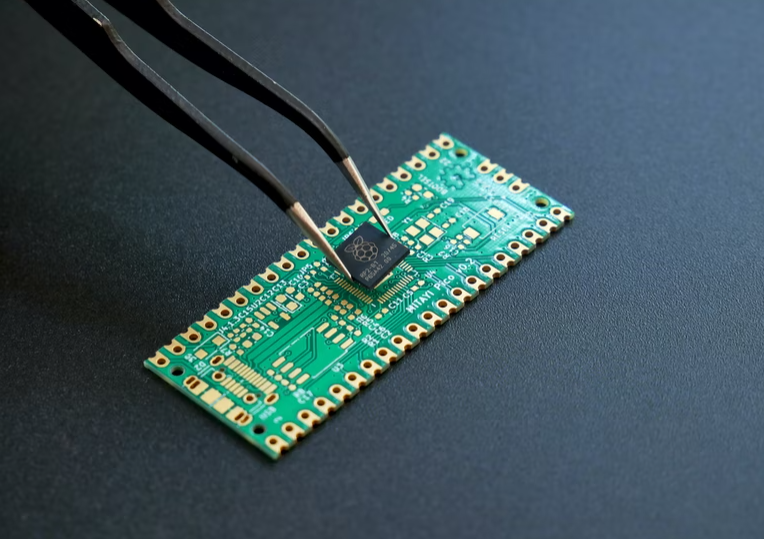Advanced Infusion Care (AIC), a division of AIS Healthcare, has teamed up with Grifols, a leading global provider of plasma-derived and transfusion medicines, to conduct a joint study. The study will research the effects of subcutaneous immunoglobulin (SCIG) products on people living with primary immune deficiencies (PID). A total of 60 patients beginning their SCIG therapy will be observed over a three-month period to assess any differences in patient experience and satisfaction with immunoglobulin treatments.
The study, called the Satisfaction and Outcomes in Primary Immune Deficiency Patients (SOPID) Study, aims to provide valuable information to physicians, pharmacists, and nurses to ensure patients with immunodeficiencies receive the best possible therapy tailored to their medical and lifestyle needs.
According to data from the National Institute of Allergy and Infectious Diseases, over 200 forms of PID affect approximately 500,000 people in the United States. With a low incidence of serious adverse effects, SCIG treatment is considered an effective method to prevent infections for these individuals. It is also easier to administer, does not require vascular access, can be done at home, and helps maintain a steady state of immunoglobulin levels.
Jud Hall, President of AIC, expressed his pride in partnering with Grifols and emphasized the commitment of both organizations to helping patients fight infections, maintain health, and receive high-quality care.
A recent case study in the National Home Infusion Association’s (NHIA) Infusion Journal highlighted AIC’s model for assessing each patient’s unique circumstances to guide decisions for immunoglobulin treatment. This case study underscored the importance of considering patient preference when choosing the optimal IG therapy approach.
PID and chronic variable immunodeficiency (CVID) are rare genetic disorders that impair the immune system, making IG a lifelong therapy to help individuals fight infections and receive care at home. AIC patient preference played a key role in the treatment approach, transitioning from IVIG to SCIG and ultimately back to IVIG for quality-of-life reasons and personal preferences.
The SOPID study aims to build on the work from the NHIA’s case study to improve physician understanding around how different SCIG products can maximize patient quality of life and provide them with more information as they make decisions and plan long-term treatment strategies.
AIC operates a network of 200 nurses in 40 states, providing patient-specific, in-home infusion services including SCIG treatment. The company recently expanded its services and opened a new pharmacy location, further extending its reach, and ensuring access to comprehensive medications and SCIG therapy to patients across the Mid-Atlantic and Northeast regions.
Both AIS Healthcare and Grifols have a history of providing infusion care to people living with immune deficiencies, contributing to the improvement of patients’ health and overall wellbeing. AIC has been offering Grifols infusion therapy Xembify®, a PID treatment, since 2019.
As a full-service care delivery partner, patients receive a high level of care, including 24/7 access to clinical and support staff. AIC holds contracts with multiple immunoglobulin suppliers, ensuring prescribed therapies are always in stock.
Finally, the SOPID study aims to build comprehensive insights that will help all patients living with PID. This contributed article does not necessarily represent the views of TechTimes.

I have over 10 years of experience in the cryptocurrency industry and I have been on the list of the top authors on LinkedIn for the past 5 years. I have a wealth of knowledge to share with my readers, and my goal is to help them navigate the ever-changing world of cryptocurrencies.







